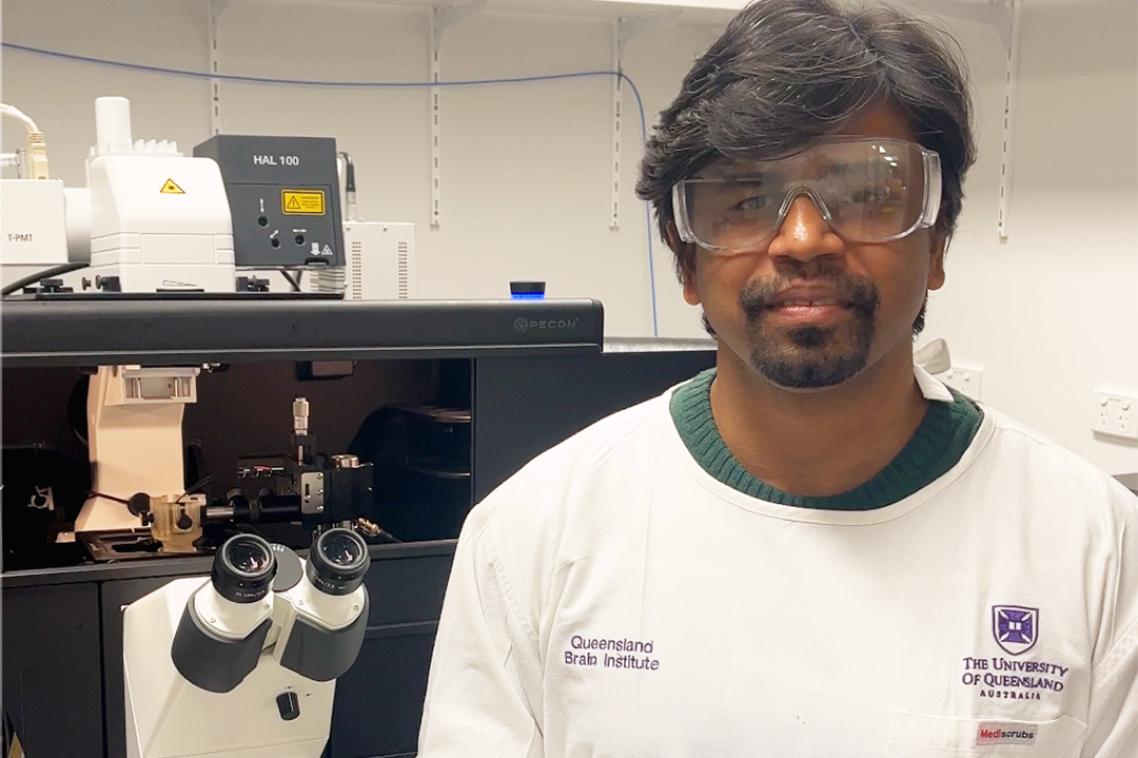Genes hold the key to birthweight

A large genetic study revealing new insights about how genes influence birth weight could eventually help ensure babies are born at a healthy weight.
University of Queensland scientists have helped identify 190 links between the genetic code and birth weight – two-thirds of them for the first time – in an international collaboration led by UQ and the universities of Exeter, Oxford and Cambridge.
UQ Diamantina Institute researcher Dr Nicole Warrington said birth weight was an essential determinant of infant health.
“A low birth weight can not only put the baby at risk of mortality, but it is also associated with increased risk of developing diseases such as Type 2 diabetes and high blood pressure when the baby grows up,” Dr Warrington said.
Research found the baby’s genes made a substantial contribution to birth weight.
However, around one-quarter of the genetic effects identified came from the mother’s genes.
Those genes influenced factors in the baby’s intrauterine environment during pregnancy, such as the amount of glucose available.
Statistical geneticist Professor David Evans said it was the first time these genetic effects of both the mother’s and the baby’s genes had been teased apart.
“It is particularly useful to know about the maternal genetic influences because the identity of these genes gives us clues as to which factors, such as glucose, influence fetal growth.
“Better understanding of the causes may mean we can help ensure babies are born at healthy weights.”
The study also investigated the relationship between birth weight and diseases in later life.
“The methods we have developed to disentangle maternal and fetal genetic influences on birth weight have real potential to tell us also about the effects of the intrauterine environment on later-life outcomes,” Dr Warrington said.
“For example, smaller babies are more likely to have higher blood pressure in adulthood.
“Our work shows that this is due to genetic effects.”
The research is published in Nature Genetics (DOI: 10.1038/s41588-019-0403-1).
Media: Professor David Evans, d.evans1@uq.edu.au, +61 7 3365 2924; Faculty of Medicine Communications, med.media@uq.edu.au, +61 7 3365 5118.
Topics
Related articles

New ultrasound imaging to map drug delivery into the brain

Staying physically active cuts risk of early death by 40 per cent
Media contact
UQ Communications
communications@uq.edu.au
+61 429 056 139
